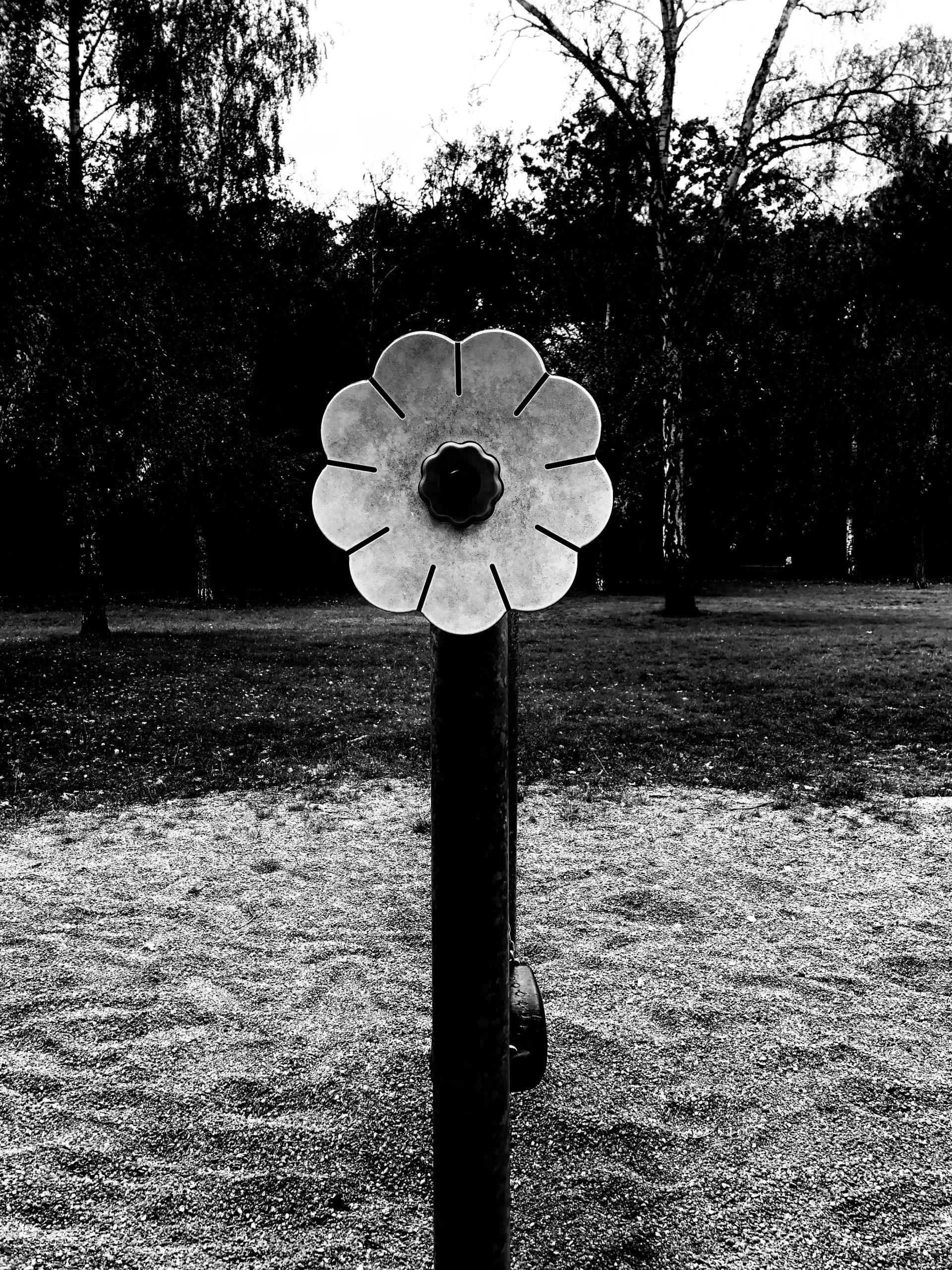In The Myth of Sisyphus, Camus thinks from out the question of suicide, toward and into happiness, whose dwelling place is the heart of Sisyphus. But how could that whose origin is the meaninglessness of existence and the possibility of rendering oneself forever absent encounter itself eventually as happiness and joy?
How could the silence of the world, the meaninglessness of existence, and the futility of labor be the scope in which happiness is encountered?
Sisyphus and the gods
According to Camus’s version of the myth, the gods, who let Sisyphus come back to earth after being initially condemned to hell, punish Sisyphus because Sisyphus disobeyed and revolted against them.
Sisyphus’s disobeying of the gods, Camus says, is because of Sisyphus’s refusal to give up and leave behind the earth, its pleasures, and joys, and the world, its warmth, water, stones, and sea: “But when he had seen again the face of this world, enjoyed water and sun, warm stones and the sea, he no longer wanted to go back to the infernal darkness”.
Sisyphus’s revolt against the gods is because of his hatred of death, his attachment to the world and the earthly, and his deep contempt for the gods who want to take the world away from him. Sisyphus’s crime is taking pleasure in life and living: “His scorn for the gods, his hatred of death, and his passion for life”.
Because of Sisyphus’s disobeying of and revolting against the gods, the gods condemned him to “that unspeakable torture in which his being exerts itself to accomplish nothing. This is the price that must be paid for the passions of this earth”.
There is in this version of the myth an infinite resistance, a radical refusal, and a deep contempt, for Sisyphus refuses the gods and what they impose or bring about, resists them and their powers, and scorns them and their whole being.
There is also a radical lucidity residing in Sisyphus’s consciousness, since Sisyphus knows that what the gods bring about and impose cannot be changed. That is, Sisyphus knows that the futility permeating his existence, the uselessness pervading his labor, and the hopelessness of his condition cannot be changed.
The Happiness of Sisyphus
Despite the futility of his labor, the impossibility of changing the conditions of his existence, and his tragic fate, Sisyphus is happy.
Sisyphus, proletarian of the gods, powerless and rebellious, knows the whole extent of his wretched condition; it is what he thinks of during his descent. The lucidity that was to constitute his torture at the same time crowns his victory. There is no fate that cannot be surmounted by scorn.
Albert Camus, The Myth of Sisyphus
There is in Sisyphus’s powerlessness power and powerfulness; there is in the nothingness that he constantly achieves richness and abundance, for despite the futility dwelling in his existence and shaping his being, he arises victorious because of the lucidity permeating his being and his consciousness and because of his contempt for the gods.
Sisyphus knows that his labor is useless; he knows that futility is his destiny; he knows that only nothing and nothingness await him, yet he is rebellious. Sisyphus’s lucidity about his wretched condition fills his heart with contempt for the gods, for those who condemned him to nothingness, hopelessness, and uselessness.
For Sisyphus, there is worthlessness surrounding and pervading the gods and all their attempts at negating the earthly or rendering it unbearable or impossible. This worthlessness, which only Sisyphus sees and realizes, allows Sisyphus to overcome his fate. This means that Sisyphus’s realization that the gods are worthless is individual and that Sisyphus’s victory is psychological.
The happiness of Sisyphus is a feeling of joy in pain, for the gods are not able to destroy him, his lucidity, his consciousness, his love of life, his attachment to the earth and the earthly, his will, and his freedom. This is why Sisyphus is happy.
Sisyphus knows that human life must not be given up. Human life, the world, and everything that is earthly must not be sacrificed. No matter how futile, meaningless, or absurd human existence is, it must not be given up.
Sisyphus resisted, disobeyed, and revolted against the gods who completely control his fate. Although the gods completely control Sisyphus’s fate, they cannot destroy him.
Sisyphus has overcome his tragic fate. This overcoming is first made possible because of Sisyphus’s deliberate decision to choose life, the world, and the earthly despite his wretched condition, despite the nothingness lying at the heart of his labor, and despite the futility of his attempts. Even if suffering and tragedy dwell in the world and that which is earthly, infinite hope must be rejected, finite or absurd hope must be asserted and confirmed, and freedom must not be given up.

